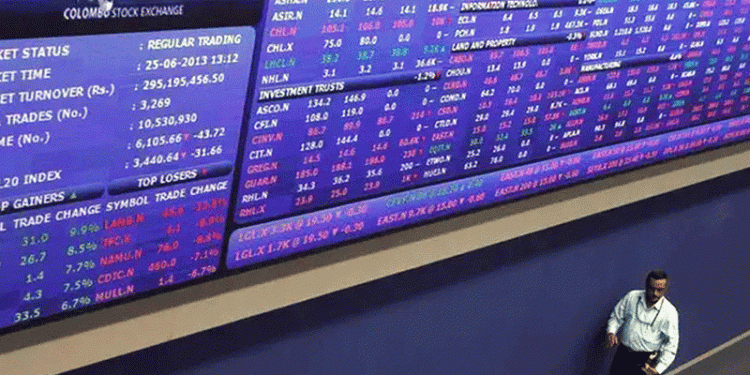HONG KONG: Equity markets rallied on Tuesday as a semblance of stability returned after last week’s turmoil, with traders taking their lead from strong gains in New York and Europe.
However, while Tokyo, Hong Kong and Shanghai led a strong advance across the region, investors remain nervous ahead of the release of key US inflation data on Wednesday, which many fear could spark another round of blood-letting.
Global markets have been sent into spasms this month as the yield on US Treasury bills has risen to four-year highs, with Federal Reserve interest rates expected to be hiked further this year owing to a purring economy and rising wages.
There are also warnings that the yield on US T-bills could spike to 3.5 percent, according to Bloomberg News, which would mark a level not seen since 2010.
On Tuesday Asian markets were in the green as dealers picked up bargains. Tokyo, which was closed Monday for a public holiday, jumped 1.3 percent by the break.
Hong Kong climbed 2.3 percent after falling more than nine percent over the past week, while Shanghai added 1.8 percent. Seoul and Singapore were each up more than one percent while Sydney put on 0.5 percent. Jakarta, Manila and Kuala Lumpur were also well up.
Dealers were given a positive cue from Wall Street and Europe, where all major indexes finished more than one percent higher.
Stephen Innes, head of Asia-Pacific trading at OANDA, said: “Equity markets have begun the week on a somewhat positive note picking up from Friday’s rebound as bargain hunters have returned on the first sign of stability.
“The market is trying to find a positive equilibrium, and if we can get through this week’s critical US (inflation data) relatively unscathed, then it would most certainly look as if last week was little more than a corrective episode rather than the commencement of a bear market.”
However, there is concern that another strong reading could spark more frenzied selling.
On currency markets the more positive mood supported high-yielding units over those considered safe bets, with the Australian dollar, South Korean won, Thai baht and Mexican peso all higher against the greenback.
However, the South African rand was being sold on political uncertainty with local media reporting the ruling ANC had decided to remove scandal-tainted President Jacob Zuma as head of state.
Source: Brecorder.com


























